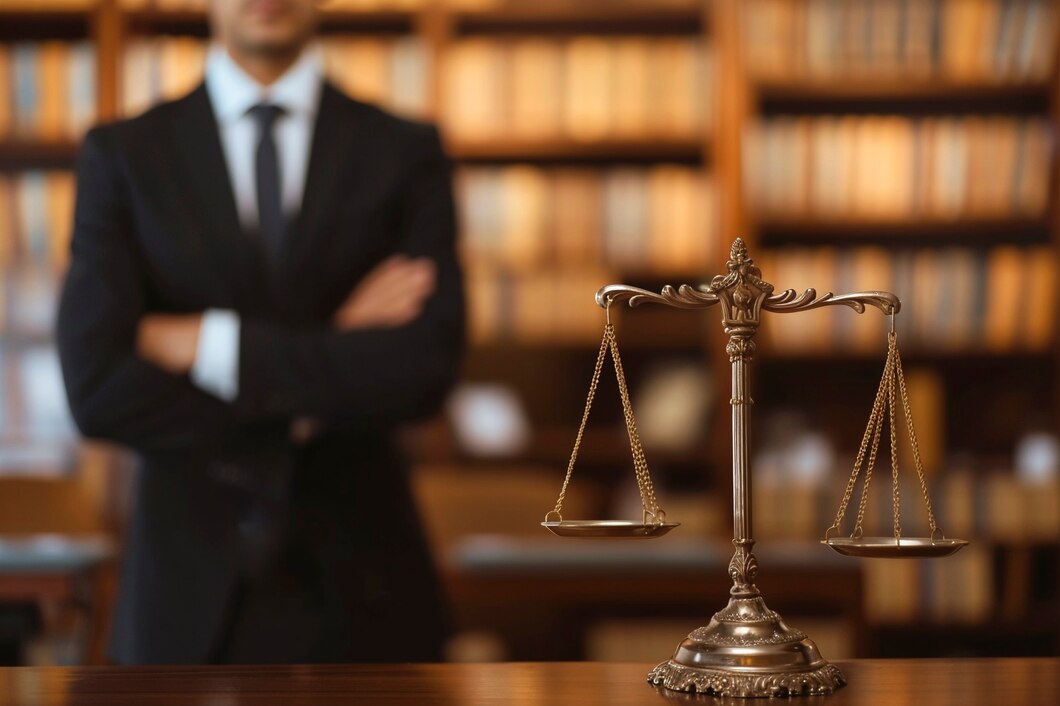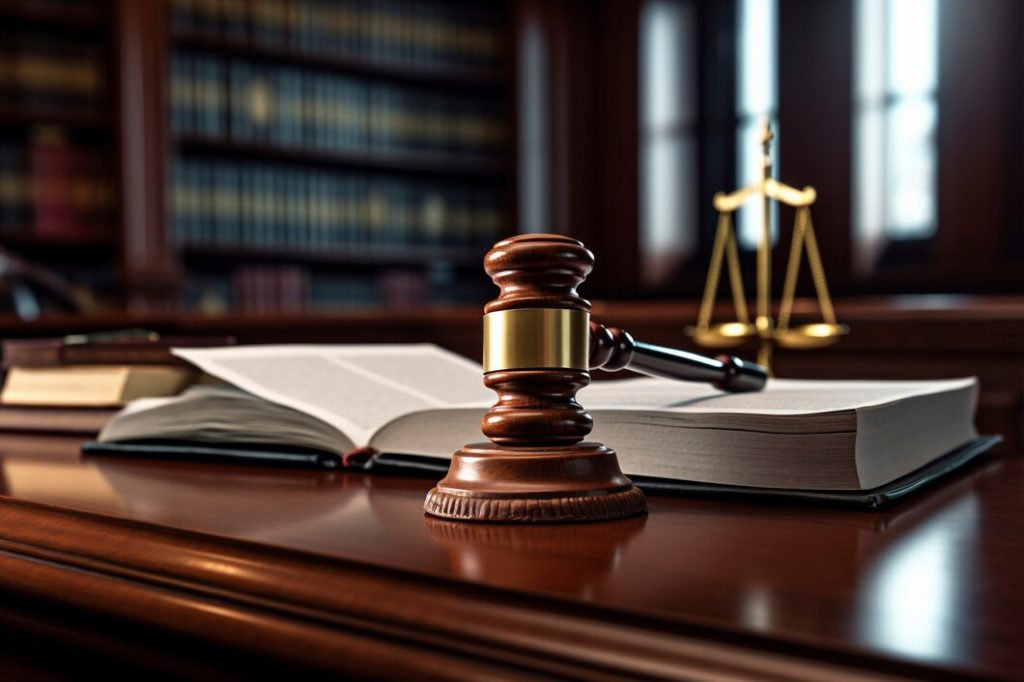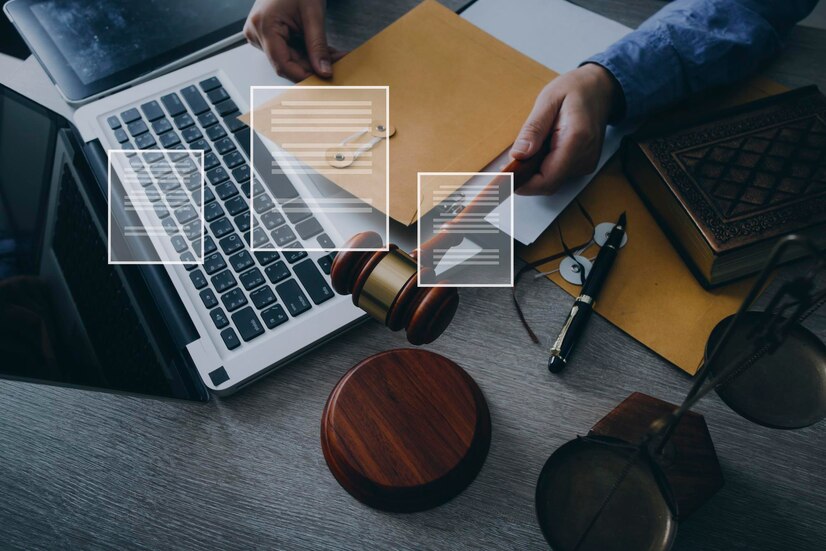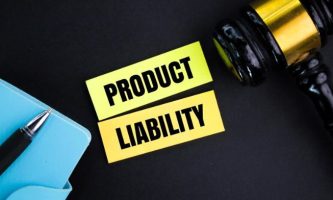How Effective Legal Self-Representation Can Benefit International Business Professionals

In the complex landscape of international business, the advantages of self-representation in legal matters cannot be overlooked.
Business professionals navigating global legal challenges often find that self-representation offers cost savings, direct control over legal matters, and faster resolution of legal issues.
However, it is essential to understand the legal framework, compliance, and contracts when representing oneself in international business laws.
This article explores the benefits, challenges, and effective strategies of self-representation for global business experts, as well as the importance of knowing when to seek professional legal assistance.
Understanding Legal Self-Representation

Navigating the legal system on your own, known as pro se litigation, allows individuals to handle their legal matters without an attorney. We’ll start by exploring what it means to illustrate yourself, covering the basics, rights, and initial considerations for those looking into handling their legal issues, especially when it pertains to business.
Definition and Scope
Self-representation, often referred to as ‘pro se’ litigation, is the act of advising on behalf of oneself right before approaching either a lawyer or a court. Pro se Pro litigants assume the responsibilities of legal research, drafting legal documents, and presenting their case in court. While this approach can be empowering, it also requires a comprehensive understanding of legal procedures and terminology.
The scope of self-representation can vary widely depending on the jurisdiction and the nature of the legal matter. For instance, in some cases, a pro se litigant may handle all aspects of their case, from filing a complaint to negotiating settlements or presenting evidence at trial. In other situations, the scope of representation may be more limited, with the litigant handling only certain procedural aspects or stages of the case.
It is crucial for business professionals considering self-representation to clearly define the scope of their involvement in legal matters to ensure they are prepared for the responsibilities that come with pro se litigation.
Understanding the scope of self-representation is essential for business experts who wish to navigate legal challenges effectively. By defining the boundaries of their legal involvement, they can better assess the advantages and potential pitfalls of representing themselves in various legal contexts.
The Legal Framework for Pro Se Litigants
The legal framework for pro se litigants varies by jurisdiction but generally provides a structure that allows individuals to represent themselves in legal proceedings. Pro se representation is recognized in many legal systems, ensuring that individuals have the right to self-representation if they choose.
- Eligibility: Not all cases may permit self-representation, especially in complex legal matters.
- Procedural Rules: Pro se litigants must adhere to the same procedural rules as attorneys, which can be a steep learning curve.
- Access to Resources: Courts often provide resources to assist pro se litigants, including legal forms and informational guides.
While the right to self-representation is a fundamental one, it comes with the responsibility to understand and follow the legal procedures and requirements of the court.
Understanding the nuances of this framework is crucial, especially when it comes to specific scenarios such as whether a pro se litigant can claim attorney’s fees in certain cases, like a Texas divorce.
Pros of Legal Self-Representation for Business Professionals

Self-representation offers several attractive benefits for business professionals, from significant cost savings to having direct control over legal proceedings. We’ll delve into how going pro se can be advantageous, touching on aspects like financial efficiency, faster processes, and the sense of empowerment that comes from steering your own legal ship.
Cost Savings
One of the most compelling reasons for business professionals to consider self-representation is the potential for significant cost savings. Legal fees can quickly accumulate, especially when dealing with complex international business laws. By representing themselves, experts can avoid the high costs associated with hiring a lawyer for every legal issue that arises.
- Direct reduction in legal expenses
- Elimination of retainer fees
- Control over hourly costs and billing
By taking on the legal work themselves, business professionals can allocate funds to other critical areas of their business, enhancing overall efficiency and growth.
The emphasis on cost savings is not only a financial decision but also an empowerment tool for individuals navigating the legal system. Practical tips, such as understanding the legal framework and leveraging resources, can further enhance the benefits of self-representation.
Direct Control Over Legal Matters
For global business experts, self-representation in legal matters offers a significant advantage: direct control over the proceedings and outcomes. This hands-on approach allows professionals to steer their legal strategy in alignment with their business objectives and personal ethics.
- Decision-making autonomy: Business professionals can make legal decisions that closely align with their strategic goals.
- Personal involvement: Being directly involved can lead to a more thorough understanding of the legal issues at hand.
- Tailored communication: Direct communication with the opposing party or the court can ensure that the business expert’s perspective is presented clearly.
By maintaining direct control, business experts can ensure that their legal matters are handled in a way that best represents their interests and those of their company.
Understanding the nuances of legal processes, such as trade controls, is crucial. For instance, firms like Covington & Burling LLP are noted for their expertise in advising on U.S. and EU trade controls, which is an area of significant importance for those engaged in international trade.
Faster Resolution of Legal Issues
One of the most compelling reasons for business professionals to consider self-representation is the potential for a faster resolution of legal issues. Without the need to coordinate schedules with legal counsel, business experts can directly engage with the relevant parties to expedite the process.
- Direct engagement with the legal process can reduce waiting times.
- Pro se litigants can often secure court dates and file paperwork without delay.
- Swift decision-making and action can lead to quicker settlements or judgments.
The agility afforded by self-representation can be particularly advantageous in time-sensitive business environments, where delays can equate to lost opportunities or revenue.
However, it’s important to recognize that this speed comes with the responsibility to understand and adhere to legal procedures accurately. Missteps can lead to setbacks, negating the benefits of a faster process.
Navigating International Business Laws Pro Se

When it comes to international business, representing yourself adds another layer of challenge due to the complexity of global regulations. We’ll guide you through what it takes to manage international legal matters by yourself, providing insights into navigating through different jurisdictions and understanding international legal frameworks.
Understanding Compliance and Contracts
For global business experts, navigating the complexities of international compliance and contracts is a critical skill when opting for self-representation. Understanding the nuances of different legal systems and ensuring that business practices align with local laws is paramount to avoid costly penalties and legal disputes.
- Familiarize yourself with international trade laws
- Understand contract law variations by country
- Ensure adherence to compliance regulations
Mastery of these areas not only prevents legal issues but also strengthens the foundation for successful international business operations.
Self-representation in this domain requires a proactive approach to learning and staying updated with the ever-evolving legal landscape. It’s essential to recognize when the intricacies of international law exceed one’s expertise and to seek professional advice accordingly.
Handling Disputes and Negotiations
When global business experts opt for self-representation, they must be adept at handling disputes and negotiations across different legal systems. Navigating these challenges requires a deep understanding of both the substantive and procedural aspects of international law.
- Recognize cultural differences in negotiation styles.
- Understand the legal implications of dispute resolutions.
- Prepare for the possibility of arbitration or litigation.
In the realm of international business, the ability to negotiate effectively and resolve disputes amicably can be as valuable as any legal argument in court. Pro se litigants must be particularly vigilant in documenting all communications and agreements to avoid misunderstandings.
While self-representation can be empowering, it also demands a high level of organization and attention to detail. Business professionals must keep meticulous records of all negotiations and dispute resolutions, as these documents can be crucial in the event of future legal proceedings.
Challenges and Considerations in Self-Representation

Choosing to be your own attorney is not without its hurdles, from the intricate dance of legal procedures to the emotional weight of litigation. We’ll examine the common pitfalls and factors to consider, highlighting the importance of preparation, the risks of oversights, and the resilience needed to face these challenges head-on.
Limitations in Legal Expertise
While self-representation can offer several advantages, it is crucial to acknowledge the limitations in legal expertise that business professionals may face. Legal matters often involve complex regulations and procedures that require specialized knowledge and experience to navigate effectively.
- Understanding legal terminology and concepts may be superficial.
- Lack of familiarity with courtroom procedures and legal documentation.
- Potential to overlook important legal details that could impact the case.
It is essential for business experts to realistically assess their legal acumen and the specific demands of their case before deciding to represent themselves. This self-assessment can prevent costly mistakes and ensure that the decision to go pro se is made with a clear understanding of the challenges involved.
Risks in High-Stakes or Criminal Matters
While self-representation can offer several advantages, it also comes with significant risks, especially in high-stakes or criminal matters. Business professionals must be acutely aware of the potential consequences of navigating these waters without legal counsel.
In cases involving complex financial regulations, such as terrorist financing or sanctions evasion, the intricacies of the law can be a minefield for the untrained. Export control circumvention and cybercrime are areas where specialized legal knowledge is not just beneficial but often crucial to a successful defense.
The landscape of white-collar crime is evolving, with crypto-enabled crime adding a new layer of complexity to legal proceedings.
For global business experts, understanding the risks and knowing when to seek professional legal assistance is key to mitigating potential damages.
Effective Strategies for Pro Se Representation

To successfully represent yourself, a strategic approach is essential. We’ll offer advice on how to effectively handle your case, from conducting thorough legal research to mastering courtroom communication, aiming to arm you with the strategies needed for a successful pro se litigation experience.
Leveraging Legal Resources and Tools
In the realm of self-representation, access to the right resources and tools is paramount. Business professionals can benefit from a variety of legal software and online platforms designed to simplify the process of managing legal documents, tracking compliance, and understanding complex legal terminology.
- Legal research databases provide up-to-date information on case law and statutes.
- Document automation tools help in drafting contracts and legal forms with precision.
- Case management systems organize all aspects of a legal case, from documentation to scheduling.
By effectively leveraging these tools, global business experts can enhance their legal operations, making them more efficient and informed. The emphasis should be on using data in meaningful ways, as highlighted in a recent seminar by Wolters Kluwer.
It’s crucial to not only have access to legal data but also to understand how to utilize it strategically. This approach can lead to better decision-making and a more proactive stance in legal matters.
Building a Support Network
While self-representation offers many advantages, it’s crucial to build a strong support network to navigate the complexities of legal proceedings. This network can consist of mentors, peers, and legal professionals willing to provide guidance without taking over the case.
- Seek out mentors who have experience in self-representation or the specific legal area of your concern.
- Join legal forums and online communities where you can share experiences and get advice from fellow business experts.
- Establish connections with legal professionals who can offer insights or second opinions when needed.
Building a support network is not about replacing professional legal counsel, but rather complementing your self-representation efforts with valuable insights and experiences from others.
Remember, the goal is to enhance your ability to represent yourself effectively, not to isolate yourself. Utilize resources like the American Bar Association, which provides free resources to assist pro se litigants in their legal challenges.
When to Consult a Professional Lawyer

While there are clear advantages to representing yourself, certain situations call for the expertise of a seasoned attorney. We’ll discuss when it’s wise to seek professional legal advice, ensuring you recognize when the complexities and stakes of your case warrant the guidance of an experienced lawyer.
Recognizing the Need for Legal Assistance
While self-representation can be empowering and cost-effective, recognizing when to seek legal assistance is crucial for business professionals navigating complex legal systems. There are specific scenarios where consulting a professional lawyer becomes imperative:
- The case involves a high level of legal complexity or technicality.
- There is a significant amount of money or critical business interests at stake.
- The legal issue crosses multiple jurisdictions or involves international law.
- You are facing a potential criminal charge or severe penalties.
In the face of these circumstances, the risks of proceeding without professional legal counsel far outweigh the benefits of self-representation. It is essential to assess the situation objectively and acknowledge the limitations of one’s legal knowledge and experience.
Balancing Self-Representation with Professional Advice
While self-representation can be empowering and cost-effective for global business experts, it is crucial to recognize when the complexity of a legal issue necessitates professional advice. Business professionals must weigh the benefits of pro se representation against the potential risks and costs of legal missteps.
- Assess the legal complexity and potential risks involved.
- Consider the financial implications of a misjudgment.
- Evaluate the time and resources available for self-education.
- Determine the potential impact on business operations and reputation.
Balancing self-representation with professional advice involves a strategic approach to decision-making. It is about knowing when to leverage one’s expertise and when to seek the specialized knowledge of a lawyer.
Ultimately, the decision to consult a lawyer should be based on a clear understanding of one’s legal standing and the intricacies of the issue at hand. Engaging a lawyer for specific advice or representation does not negate the value of one’s insights but rather complements them, ensuring that all bases are covered in the pursuit of a favorable legal outcome.
Conclusion
In conclusion, effective legal self-representation offers significant benefits for international business professionals. It provides cost savings, direct control over legal matters, and faster resolution of legal issues. However, it is important to recognize the limitations of legal expertise and the risks involved in high-stakes or criminal matters.
By leveraging legal resources, building a support network, and balancing self-representation with professional advice, business experts can navigate legal challenges with confidence and efficiency.
While self-representation has its advantages, it is crucial to know when to consult a professional lawyer for complex legal matters. Ultimately, a strategic approach to self-representation can empower global business professionals to effectively navigate international business laws and achieve successful outcomes.
Frequently Asked Questions
What is legal self-representation?
Legal self-representation, also known as pro se representation, refers to the practice of representing oneself in a legal proceeding without the assistance of a licensed attorney.
What are the benefits of legal self-representation for business professionals?
Business professionals can benefit from legal self-representation through cost savings, direct control over legal matters, and faster resolution of legal issues.
How does legal self-representation apply to international business laws?
Legal self-representation in international business laws involves understanding compliance and contracts, as well as handling disputes and negotiations without the need for external legal representation.
What are the limitations of legal self-representation?
One limitation is the lack of legal expertise, which can pose challenges in complex legal matters. Additionally, there are risks involved in high-stakes or criminal matters when representing oneself.
What are effective strategies for pro se representation?
Effective strategies include leveraging legal resources and tools available for self-representation, as well as building a support network of professionals and experts in relevant fields.
When should business professionals consult a professional lawyer?
Business professionals should consider consulting a professional lawyer when they recognize the need for legal assistance beyond their expertise, and when balancing self-representation with professional advice becomes essential.
Read Also:













